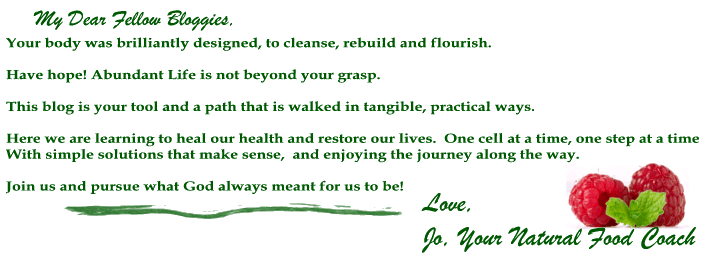Dying of Thirst May 21,2007
We’ve been told that we need it. Sales of it have gone through the roof. It is becoming the“trendy” drink.
We see it advertised side by side with the leading beverages of choice, the pops, coffee and power drinks. The selection seems endless; filtered, spring and even flavored.
But do we really understand that we need it? Is it just another clever marketing gimmick from a beverage industry that has run out of original ideas? After all, liquid is liquid, isn’t it? What of the claims that our health is at risk if we don’t have it? In this day and age, could we really be dying of thirst?
It sounds so simple. H20. Two parts hydrogen, one part oxygen. But this element, better known as water, actually is the most essential, next to oxygen, to our survival. Water makes up more than two thirds of the weight of the human body, and without it we would die in a few days.
The human brain is made up of over 80% water; blood is 82%, lungs 90%, and nearly 98% of intestinal, gastric, salivary and pancreatic juices.
In fact, all the cell and organ functions in our entire anatomy and physiology, from the fluids that surround our joints, to regulating body temperature, to elimination wastes, depend on water for their functioning and without it are in extreme danger. There’s no doubt about it, just as a car cannot run without gas and oil, the body cannot work without water.
So critical is water that a mere 2% drop in our body's water supply can trigger signs of dehydration: fuzzy short-term memory, trouble with basic maths and difficulty focusing on smaller print, such as a computer screen. Mild dehydration is one of the most common causes of daytime fatigue.
Now ask yourself this; if that is the result of a 2% drop water, what then of a large decrease in the body? Personally, I know, and I am sure you do also, people who have not had a glass of water in years.
Is it possible, that the illness and ailments we struggle with today are a direct result of dehydration? Dr F Batmanghelidj, who has been in the forefront of water research for over 20 years, says absolutely, yes. Dr Batmaghelidj has linked dehydration to conditions of pain and many degenerative diseases. Chronic heartburn, hypertension, arthritis, asthma, back pain, colitis and migraines to name just a few.
He documented successfully treating over 3,000 people from peptic ulcer disease with water alone. Dr Batmaghelidj wrote his first self-help book “Your Body’s Many Cries for Water” in 1992, in which he stated that a dry mouth is not a reliable indicator of dehydration. But is in fact one of the last indicators that you have been critically dehydrated for some time. By the time you feel thirsty you have already lost over 1 percent of your total body water. The sensation of thirst, has often been misinterpreted by the brain as hunger. A person may scour the kitchen cupboard looking for that one thing to curb the cravings; when all it would take is a glass of water.
Dr. B’s message to the world is, “You are not sick, you are thirsty. Don’t treat thirst with medication.”
Other independent studies as well, have confirmed that drinking eight glasses of water daily can decrease the risk of colon cancer by 45%; bladder cancer by 50% and it can potentially reduce the risk of breast cancer.
So what are we aiming for here? An average amount of fresh clean water of 8-12 glasses a day is a good start, however a better rule of thumb is to drink half your body weight in ounces. So, if you are 100 pounds, you need 50 ounces. If you're 140 pounds, you need 70 ounces. Play around with these figures, because it will also depend on how hot or cold the weather it is, whether you're doing a lot of sweaty exercise or hard work.
Water is crucial first thing in the morning upon rising as your body has been busy cleansing its trillions of cells while you sleep, and needs to flush the waste out safely. Don’t be discouraged if you are finding all this water hard to swallow; start with small amounts and work up.
A dehydrated body is quite like dry parched ground; at first the water may seem to run right off, or right through as the case may be. But be determined and the benefits will be quick to notice and lasting, from clarity of mind, beautiful skin, to relief from more chronic ailments.
And don’t forget that all your new hard work can be easily undermined by some old familiar favourites. Coffee, sodas, tea and alcohol all dehydrate the body. Some so extensively that it may take up to 30 glasses of water to flush one cola from your system.
So be shrewd and wise when reaching for something to quench that thirst, leave those water-sapping beverages on the shelf. Instead, make the choice that will undeniably add quality to your body and give it what it needs desperately. Water, one of the very basic tools of life.

No comments:
Post a Comment